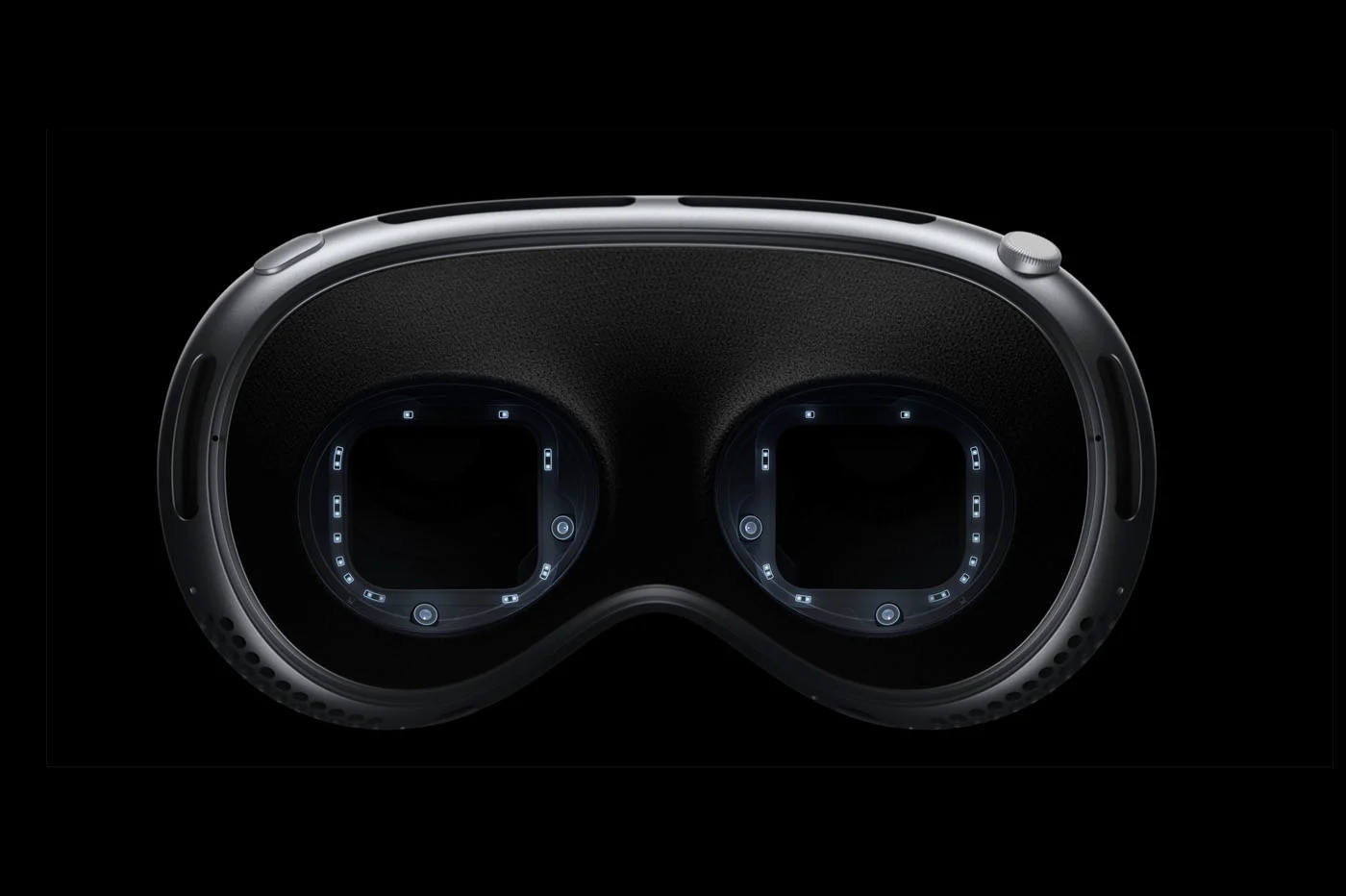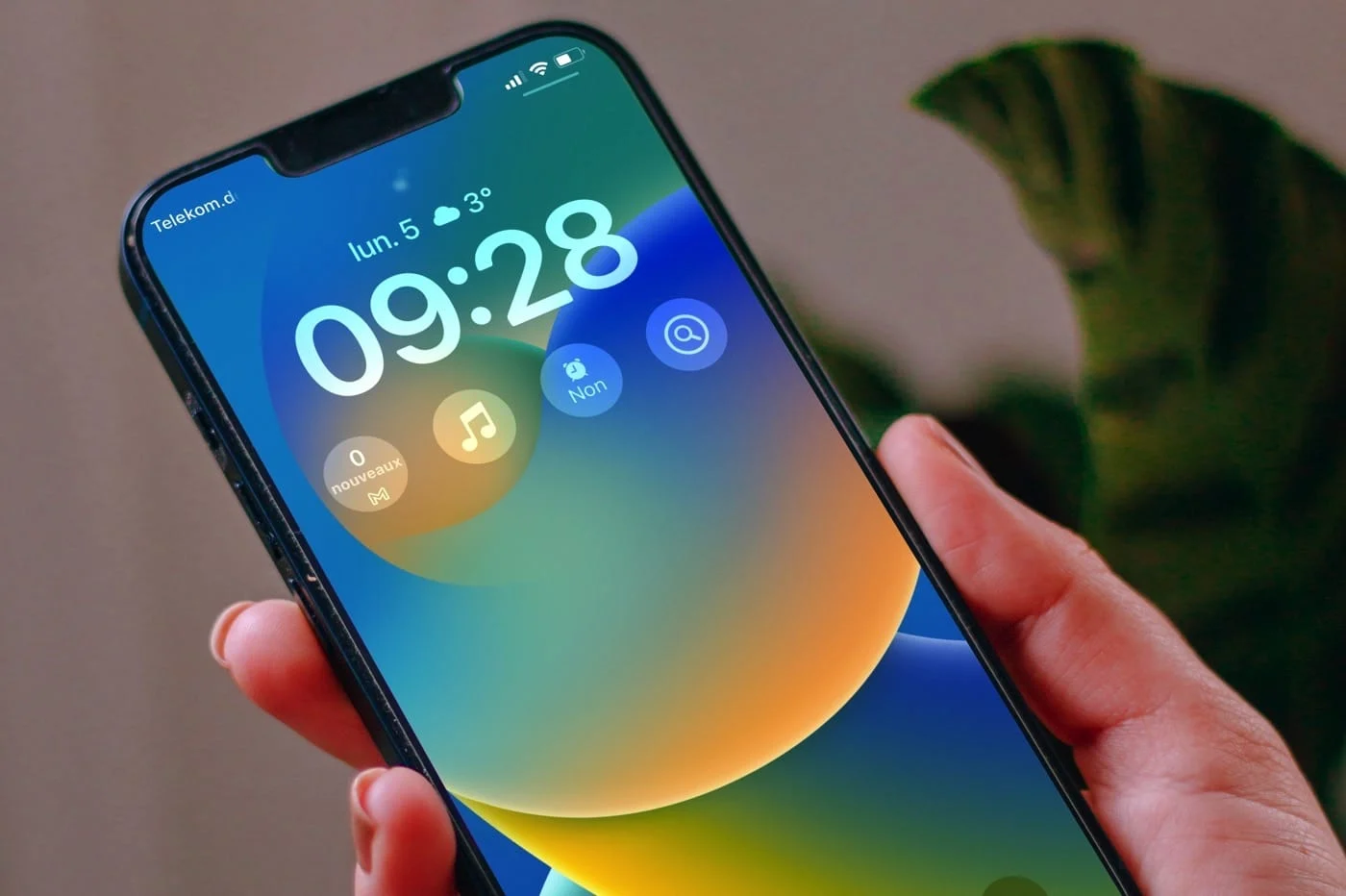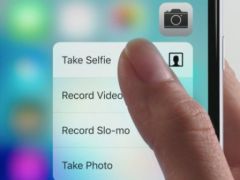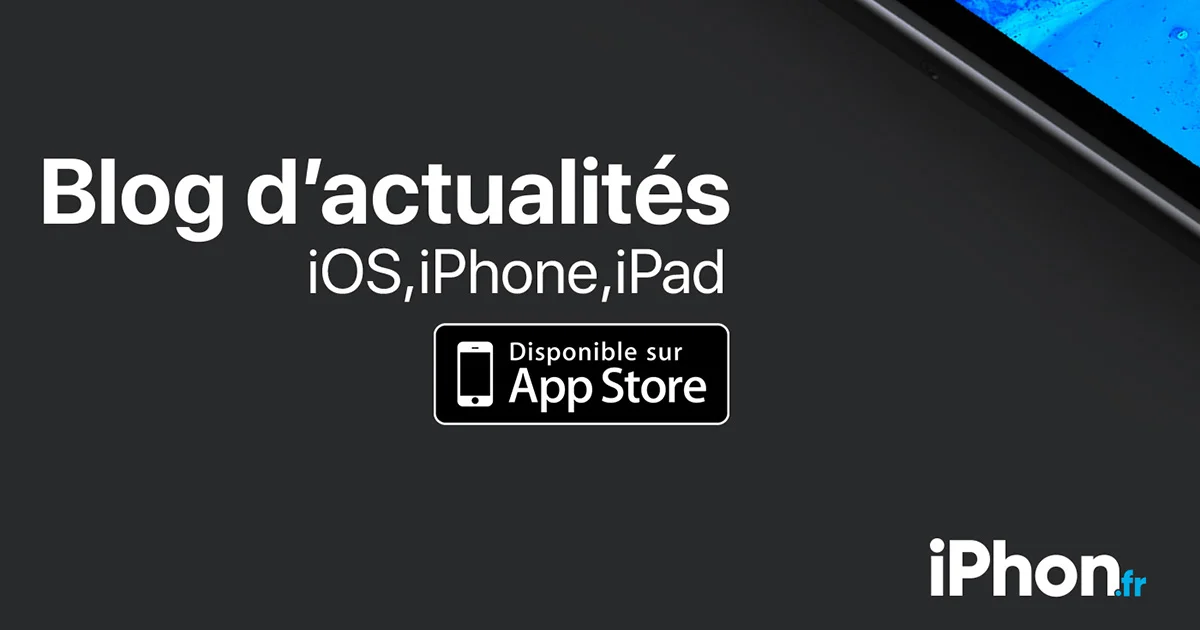On March 7, 2024, European Union commissioners put into motion the Digital Market Act (DMA), which is a set of directives mainly aimed at very large technology companies such as Apple, Google, Amazon, Microsoft, Meta and Spotify. . They were not selected arbitrarily, since all those with more than45 million active usersin the EU,(read "gatekeeper")are directly affected. They therefore had to adapt their policies to these laws.
This is particularly the case for Apple, which is considered the most closed technology company targeting the general public. It is often accused of showing unfair competition, in particular by favoring its own services. The Apple firm refutes most of these accusations, with justifications that are worth what they are worth, but it still agreed to comply with the new rules of the European Union.
This notably resulted in the arrival of the AltStore on iPhone, which is the first legal alternative to the App Store. Before March 7, 2024, the latter was the only application store authorized by Apple. This is also not the only service where the Apple firm must face new competitors, becausean alternative to Apple Wallet is in turn preparing to see the light of day.
Curve Pay défie Apple Pay
While London turned its back on Brussels in 2020, the British banking platform Curve has just announced that it was preparing to launch a first competitor to Apple Pay in the European Union.
The newly competitive digital wallet market is on the cusp of true customer-driven innovation,” said Curve founder Shachar Bialick. A Curve spokesperson also claimed that switching to its service would save banks millions of euros that currently go to Apple.
Curve is waiting for Apple to comply with the DMA and open up its NFC technology. The measure has been in place for several months, but in reality, Apple is lagging behind.
5 years later, Apple's posture is changing
It was initially claimed that Apple wouldless difficulty acceptingcompetitors to Apple Pay, because unlike the App Store, it does not charge users a commission on NFC payments made with Apple Pay:
Apple doesn't charge any fees when you use Apple Pay in-store, online, or in apps.
Despite everything, Apple takes money from our banks which use its service. The Apple firm therefore risks losing market share if players like Curve multiply. However, we imagine that these losses are less compared to the App Store. According to estimates, Apple would win15 cents for each time a consumer spends 100 dollars, while on the App Store, 100 dollars spent can bring in 30 euros for Apple. The world of finance does not seem to be Apple's strong point, as itsfailed partnership with Goldman Sachs, concerning the Apple Card bank card.
In 2019, Cupertino's posture was notnot at all the sameconcerning the opening of NFC to services other than its own. Before Brexit for example,London foughtin order to obtain favors from Apple regarding the opening of its wireless technology, for various public services, including passport scanning via the iPhone.
At the time, the idea of opening NFC did not enchant Apple at all, which undoubtedly imagined that this would open the door to competition, as is the case in 2024. Today, Apple does not has no choice but to comply with the demands of legislators, which are now turning into rules.

i-nfo.fr - Official iPhon.fr app
By : Keleops AG






